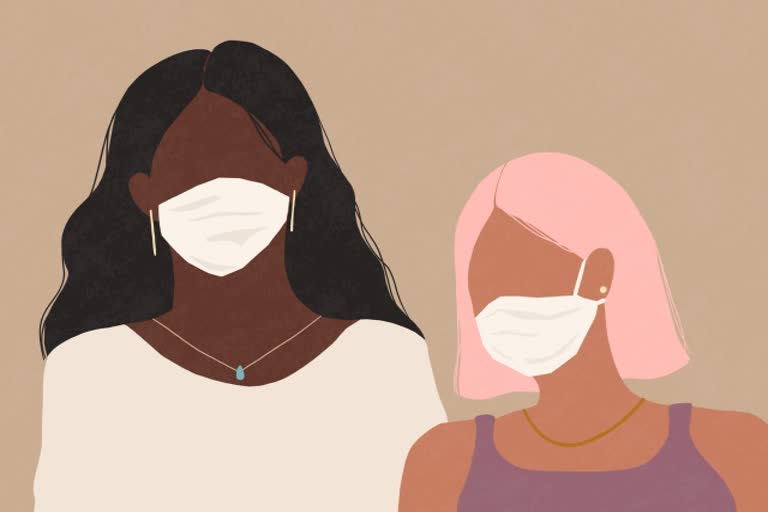The lockdowns and home isolation do impact our hormonal imbalance. The fear of the disease itself can cause an alteration in the hormone levels due to an imbalance in the pituitary ovarian axis. The presentation is different for different individuals.
For those who have suffered from COVID- 19 disease, two factors have to be looked into:
- The co-inflammatory effect of COVID on the hormones. COVID patients are given blood thinners as well as the fact that local changes also occur due to the infection. Women who suffered from covid 19 reported having increased bleeding during 2-3 cycles. However, both these changes are temporary and within a period of 6 months to one year, everything comes back to normal.
- Post-vaccination also certain changes in the menstrual cycle are seen which are temporary and even if it occurs. Immunity has nothing to do with the menstrual cycle. People who are infected with COVID-19 need not worry about disposing of their sanitary pads in any special way as the blood is not infected. COVID-19 is not spread by blood but is spread by droplet infection, therefore the sanitary pads have to be disposed of as is usually done. The virus does not survive for a long time at all
Fear/ stress of going out, fear of vaccination, fear of contracting infection, erratic dietary patterns which happen due to sitting at home, lack of exercise, no gyming, no walks, no aerobics, leading to obesity all contribute towards a hormonal imbalance. The bad combination of diet, stress, and hormones can lead to PCOS which can come for the first time, or PCOS which is already there can be worsened.
Also Read:Why Women Gain Weight After Pregnancy Decoded.
Women avoid going to hospitals for regular checkups for their gynecological checkups and land in an emergency many times. The myth that going to hospitals can make you prone to COVID needs to be busted. Hospitals are one of the safest places during COVID as they take all precautions as far as sanitization is concerned. Also, every multi-specialty hospital has a separate COVID ward, which is kept away from non-COVID visiting patients.
